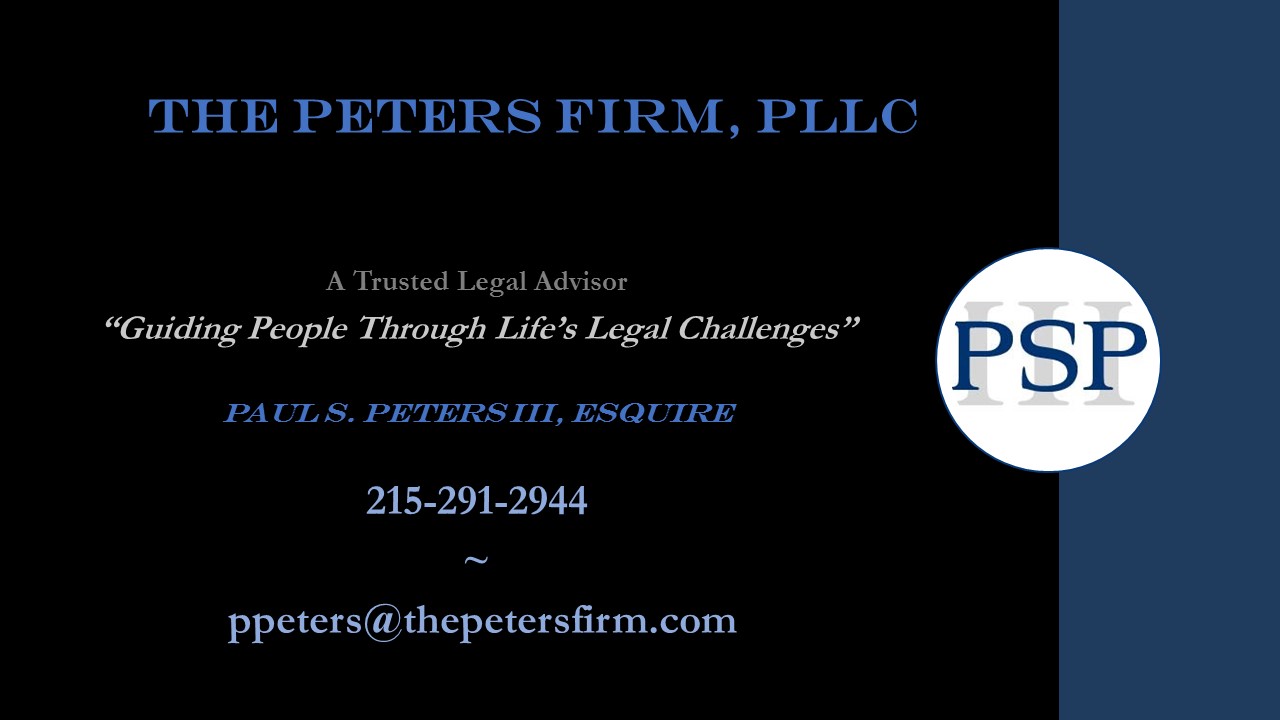
What is Theft in Pennsylvania?
Theft also referred to as larceny, has an all-encompassing definition in Pennsylvania. Pennsylvania law provides a general explanation of Theft but then proceeds to differentiate the act of Theft into a long list of specific theft offenses. Theft is the unlawful taking of another’s property. Pennsylvania’s breakdown of the general crime involves the way the unlawful taking occurred or the property involved. So: What is Theft in Pennsylvania?
Theft Crimes in Pennsylvania
Pennsylvania defines Theft Crimes in 18 Pa.C.S. Chapter 39. The categories of Theft are:
Theft by unlawful taking or disposition. (general type of Theft, wrongfully taking another’s belongings)
Theft by deception. (Theft through lies, fraud, misrepresentation)
Theft by extortion. (Theft is accomplished through threats of committing another crime, accuse one of a crime, expose a secret, inflict harm, etc.)
Theft of property lost, mislaid, or delivered by mistake. (Finding property one knows is lost, and not taking reasonable measures to return the property.
Receiving stolen property. (Accepting property one for sure knows, or should know is stolen)
Theft of services. (Theft of cable or utilities)
Theft by failure to make required disposition of funds received. (Failing to turn over funds, one is legally obligated to turn over. Example is payment of taxes to the government)
Unauthorized use of automobiles and other vehicles. (Theft of a car absent force or presence of owner)
Retail Theft. (Theft from a store or altering price tags)
Library theft. (Theft of any library or museum material wile on the premises)
Unlawful possession of retail or library theft instruments. (Possessing a device that interferes with anti-theft sensors)
Organized retail Theft. (Like organized crime, mafia, is a retail theft operation that operates as an enterprise with multiple individuals and pattern of thefts)
Theft of trade secrets. (Theft of customer lists, Patents, company secrets such as recipes, materials used to manufacture property or how to construct specific property)
Theft of unpublished dramas and musical compositions. (Theft of a book or music one is or has written but not published or had copyrighted)
Theft from a motor vehicle. (Not the Theft of the actual car, but things within the car)
Theft Penalties in Pennsylvania
The sentence given for a Theft conviction depends on the value and nature of the stolen property.
3rd Degree Felony:
- The value of the stolen property was at least $2,000 but less than $100,000.
- The stolen property was an “automobile, airplane, motorcycle, motorboat, or other motor-propelled vehicles,” regardless of the car or other vehicle’s financial worth.
2nd Degree Felony:
- The value of the stolen property was at least $100,000 but less than $500,000.
- The stolen item was a firearm, regardless of the gun’s actual monetary value.
1st Degree Felony:
- The value of the stolen property was $500,000 or more.
If not in any of the above categories, Theft is Misdemeanor.
- 3rd Degree Misdemeanor: The value of the stolen property was less than $50.
- 2nd Degree Misdemeanor: The value of the stolen property was at least $50 but less than $200.
- 1st Degree Misdemeanor: The value of the stolen property was at least $200 but less than $2,000.
These classifications apply to any theft offense.
Retail Theft in Pennsylvania
Retail Theft, also referred to as Shoplifting, is a graded offense depending on the amount and how many previous Retail Theft convictions one has.
Your First Retail Theft will typically lead to an offer of the ARD Program, entry into another diversion program, or, if charged as a summary, dismissed upon pay restitution or completing community services. These actions are all for not burdening someone with a criminal record for what may be a past mistake. The escalating grading and penalties are:
Summary offense – no prior Retail Theft offenses AND the value of the merchandise was less than $150.00
2nd-degree misdemeanor – 1 prior Retail Theft offense AND the value of the merchandise is less than $150.00
1st-degree misdemeanor – 1 or 2 prior Retail Theft offenses AND the value of the merchandise or $150.00 or more
3rd-degree felony – 3 or more prior Retail Theft offenses, regardless of the value of the merchandise
3rd-degree felony – the value of the merchandise exceeds $1,000.00 OR the merchandise is a firearm or motor vehicle
When determining whether or not a person has a “prior offense” of Retail Theft, the term includes convictions, acceptance of ARD, or similar pretrial diversionary programs. Also, Retail Theft offenses from other states and jurisdictions can impact the prior offense determination.
How Paul S. Peters III, Esquire Can Help
Facing Theft charges is a serious situation. A Theft conviction will result in a Criminal Record and serving probation. You need a Criminal Defense Attorney, like Attorney Peters, who will stand by you every step of the way, work tirelessly to discredit any evidence, aggressively advocate for you, and work with you to determine the best strategy to achieve the best possible result. Do not waste time or make the wrong decision concerning a Theft charge.
Theft Charges create complicated fact scenarios with serious consequences if convicted, therefore, these cases require that you have an experienced, knowledgeable, and aggressive defense attorney to craft and present clear and convincing arguments challenging the evidence, and careful and precise cross-examination to shed doubt on the testimony of witnesses. This is why you need a trusted and experienced criminal defense attorney such as Paul S. Peters III, Esquire.
If you or a loved one face Theft Charges, you MUST call Attorney Paul S. Peters III, Esquire 24 hours a day, 7 days a week, and he can appear at late night bail hearings. Attorney Paul S. Peters III, Esquire knows that crime and the police never sleep.
YOU BETTER CALL PAUL!
215-291-2944
[email protected]
TRUSTED, AGRESSIVE, ZEALOUS, AND EXPERIENCED PENNSYLVANIA CRIMINAL DEFENSE ATTORNEY
If you are arrested in any of the following Pennsylvania Counties: Montgomery, Philadelphia, Bucks, Delaware, Chester, Lehigh, Lancaster, Northampton, Berks, Adams, Cumberland, Dauphin, Franklin, Fulton, Huntington, Juniata, Lebanon, Mifflin, Perry, Snyder, York Bradford, Cameron, Centre, Clinton, Lycoming, Montour, Northumberland, Potter, Sullivan, Tioga, Union, Carbon, Columbia, Lackawanna, Luzerne, Monroe, Pike, Schuylkill, Susquehanna, Wayne, and Wyoming County
It is important you contact the trusted, aggressive, and experienced Pennsylvania Criminal Defense Attorney:
Paul S. Peters III, Esquire at:
215-291-2944
[email protected]



